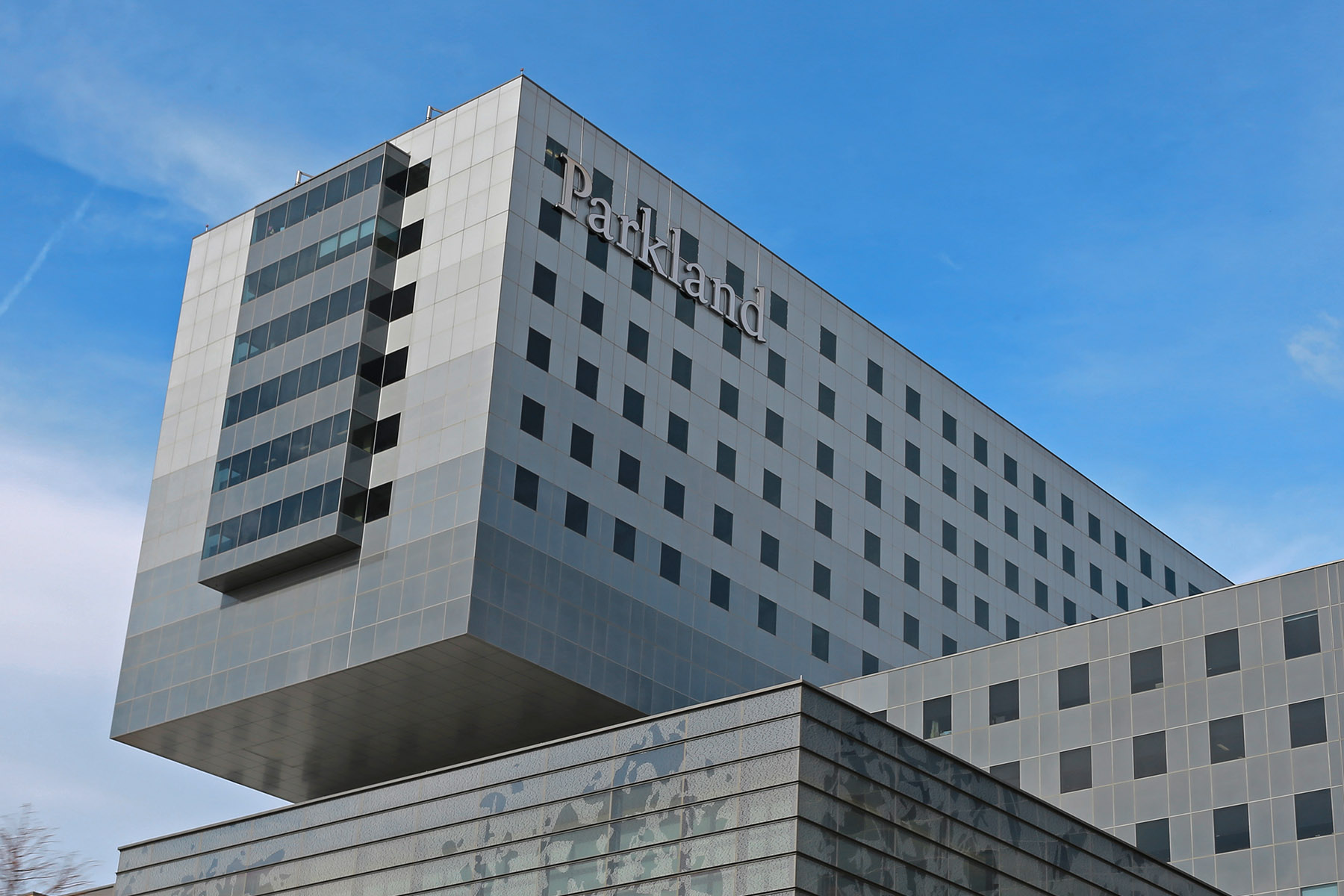During the winter storm last week, news outlets were replete with stories of days-long power outages and the horrific fallout. Fortunately, hospitals caring for DFW’s sickest patients could continue their scheduled care and respond to the crisis without losing power during the storm. But it wasn’t always that way.
North Texas hospitals’ prioritization during forced blackouts is not law but rather a choice made by Oncor, the local power utility. In theory, new leadership or a change of priorities at Oncor could result in hospitals losing power. It has happened before.
In 2011, while Arlington hosted the Super Bowl in early February, an intense winter storm blew in, blanketing the region in snow and causing significant power outages. That year, the power supply was limited by the storm. Because the electric grid was deregulated in 2002 and lacked adequate reserves, the Electric Reliability Council of Texas (ERCOT) was forced to order rolling blackouts to conserve power.
The local utility company makes the choice about which locations are blacked out. About 20 hospitals lost power during that 2011 weekend, according to DFW Hospital Council CEO Steve Love. UT Southwestern and Children’s Medical Center were among the hospitals that went to backup generators, making sure the machinery keeping patients alive can function. But backup power isn’t strong enough to power much of the medical equipment needed to perform intense procedures. “We had expensive pieces of equipment crash, and millions of dollars worth of equipment were damaged,” Love says. There was an open heart surgery underway during the blackout, and another hospital’s HVAC system blew, causing a fire. Thankfully, no one died during the rolling blackouts.
The ordinarily mild-mannered Love was upset and went to Oncor to discuss the choice to roll the blackouts through the hospitals. After a few tense meetings to understand how the decisions were made, Love began to lobby in Austin to change the rules. He met with ERCOT and spoke before the Texas Public Utilities Commission. “I testified to how lucky we were that no one died [during the 2011 storm] and that hospitals should be exempt from rolling blackouts,” he says.
They heard him out but didn’t make any changes. He met with former State Senator John Carona, who introduced legislation that would have exempted hospitals from rolling blackouts. The bill didn’t get enough traction to make it out of committee because the issue was localized to North Texas.
But Love wasn’t finished. He met with Oncor to see if they could prioritize hospitals for power in the case of forced outages and painstakingly cataloged each hospital electricity meter in the region, sending the list and addresses to Oncor to make sure they were at the top of the priority list. “To Oncor’s credit, I’ll give them kudos. They had been very cooperative, and they’ve worked with us,” Love says. “In this 2021 situation, Oncor has made hospitals a top priority. I think it goes all the way back to 2011, where we had a very tense situation, and we’ve turned it into a very friendly and cooperative relationship.”
Love says a couple of hospitals were not serviced by Oncor that did lose power last week, so he has some more work to do to get those facilities prioritized by their utility. But in the end, it is the company’s choice where the blackouts occur, not law or state mandate. If Love had not been such an effective advocate, 2021 could have been disastrous for North Texas hospitals.
COVID-19 vaccines require powerful freezers, which could have been another significant loss had the hospitals lost power or been limited to backup generators, which weren’t meant for full operations. “Hospitals have emergency backup generators, but you don’t want to do heavy-duty surgery or heavy-duty procedures on backup generators. You just want to maintain until the power comes back,” Love says.
Texas’ independent, deregulated grid is also an issue. Because our system isn’t tied into other states, it is not as easy to purchase power from other states, and its deregulation means that temperature standards that keep northern states’ grids up and running in the cold aren’t met here.
And while Oncor put hospitals at the top of the list this time around, another utility company might not make the same decision, despite guidance from the state to “prioritize” hospitals during rolling blackouts. Without legislation, it is up to the individual companies to make those decisions.
For now, the arrangement seems to be working. “Because we had already been working together, we took a tough situation and turned it into a real positive one,” Love says. “We have an excellent relationship with the Oncor team now, and they have worked with us during this storm.”





